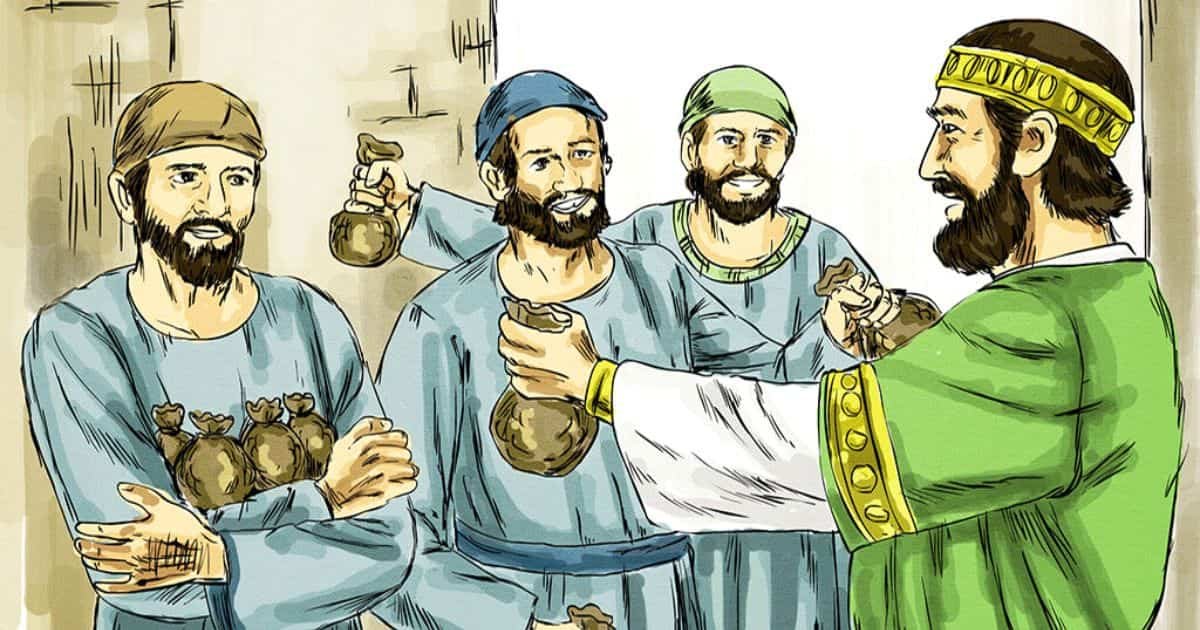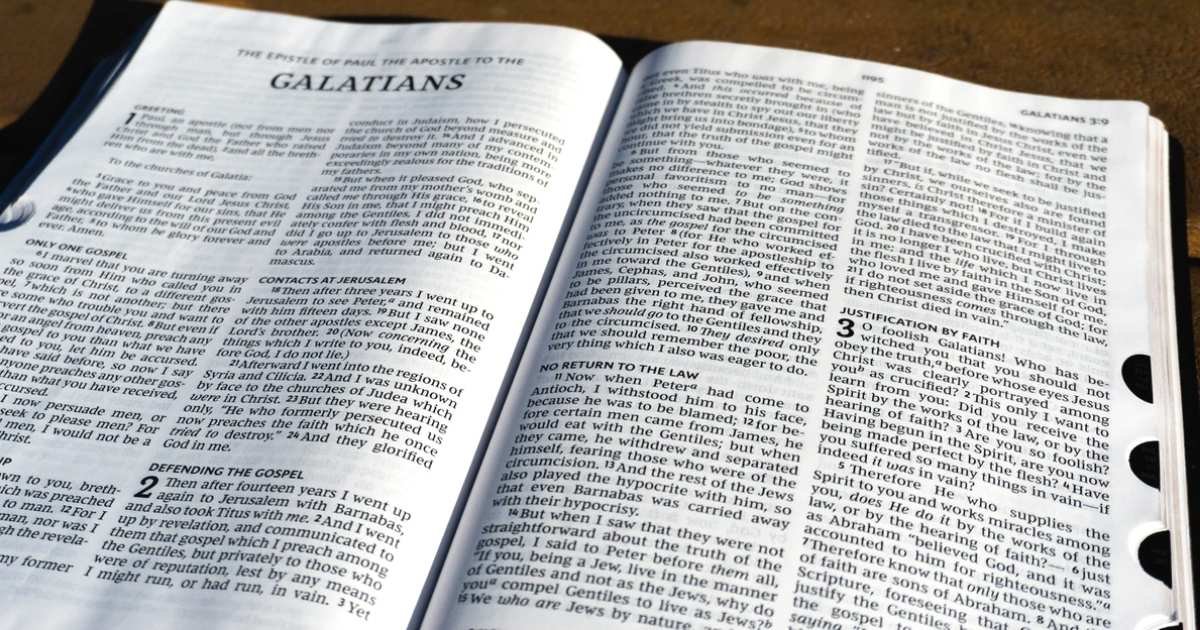When Jesus uttered “It is finished” from the cross, He spoke one of the most significant phrases in human history.

These three simple words in English—translated from a single word in Greek, “Tetelestai“—carry layers of meaning that have shaped Christian theology for two thousand years.
But what exactly did Jesus mean? What was finished? Let’s explore the profound significance of Christ’s final declaration.
During the crucifixion, Jesus spoke seven times from the cross. His sixth statement, recorded in John 19:30, reads: “When Jesus had received the sour wine, he said, ‘It is finished,’ and he bowed his head and gave up his spirit.”
To understand the depth of this declaration, we need to consider both its immediate context and its broader theological implications.
The Literal Meaning of “Tetelestai”
In the original Greek text of John’s Gospel, “It is finished” is a translation of the single Greek word “Tetelestai.” This word comes from the verb “teleō,” which means to complete, finish, end, or accomplish.
Interestingly, “tetelestai” was commonly written on business documents or receipts in New Testament times to indicate that a bill had been paid in full.
When a debt was completely satisfied, this word would be written across the document.
This commercial usage adds a powerful dimension to Jesus’s words—He was declaring that the debt of sin had been paid completely.
The Completion of Jesus’s Earthly Mission
At the most immediate level, Jesus was announcing the completion of His earthly mission.
Earlier in John’s Gospel, Jesus had said, “My food is to do the will of him who sent me and to accomplish his work” (John 4:34).
Now, on the cross, Jesus was declaring that He had fulfilled everything the Father had sent Him to do.
This mission included:
- Living a perfect, sinless life
- Revealing the Father to humanity
- Teaching the truth
- Calling and training disciples
- Demonstrating God’s love and power through miracles
- And ultimately, offering Himself as a sacrifice for sin
With His declaration, Jesus confirmed that none of these aspects of His mission remained unfinished.
The Fulfillment of Prophecy
Another significant aspect of “It is finished” relates to the fulfillment of prophecy. Throughout His ministry, Jesus constantly fulfilled Old Testament prophecies about the Messiah. On the cross, this fulfillment reached its climax.
John specifically notes that Jesus said “I thirst” in order to fulfill Scripture (John 19:28).
After receiving the sour wine, He declared “It is finished,” indicating that all prophecies regarding His first coming and sacrificial death had been fulfilled.
These fulfilled prophecies included:
- His birth in Bethlehem (Micah 5:2)
- His ministry in Galilee (Isaiah 9:1-2)
- His entry into Jerusalem on a donkey (Zechariah 9:9)
- His betrayal for thirty pieces of silver (Zechariah 11:12-13)
- His crucifixion with criminals (Isaiah 53:12)
- Soldiers casting lots for His clothing (Psalm 22:18)
- Being offered sour wine (Psalm 69:21)
- His bones remaining unbroken (Psalm 34:20)
- His side being pierced (Zechariah 12:10)
Jesus’s declaration confirmed that Scripture had been fulfilled completely.
The Completion of the Sacrificial System
The Old Testament established an elaborate system of animal sacrifices that provided temporary covering for sin.
The book of Hebrews explains that these sacrifices were merely shadows pointing to the perfect sacrifice of Christ.
When Jesus said “It is finished,” He was declaring the end of this temporary system.
The curtain in the temple tearing from top to bottom at the moment of His death (Matthew 27:51) symbolized this reality—the way to God was now open directly through Christ.
Hebrews 10:11-14 explains this completion: “Day after day every priest stands and performs his religious duties; again and again he offers the same sacrifices, which can never take away sins. But when this priest [Jesus] had offered for all time one sacrifice for sins, he sat down at the right hand of God… For by one sacrifice he has made perfect forever those who are being made holy.”
The Payment for Sin
Perhaps the most profound meaning of “It is finished” relates to the full payment for humanity’s sin.
The Bible teaches that the wages of sin is death (Romans 6:23) and that without the shedding of blood, there is no forgiveness (Hebrews 9:22).
On the cross, Jesus took upon Himself the punishment for all human sin. Isaiah 53:5-6 prophesied this substitution: “But he was pierced for our transgressions, he was crushed for our iniquities; the punishment that brought us peace was on him, and by his wounds we are healed. We all, like sheep, have gone astray, each of us has turned to our own way; and the Lord has laid on him the iniquity of us all.”
When Jesus said “It is finished,” He was announcing that the full price for sin had been paid. The debt was canceled. The punishment was complete.
The Defeat of Satan, Sin, and Death
Jesus’s words also declared victory over the powers of darkness. At the cross, Jesus delivered a decisive blow to Satan and the forces of evil.
In Genesis 3:15, God had promised that the seed of the woman would crush the serpent’s head.
Colossians 2:15 tells us that at the cross, Jesus “disarmed the powers and authorities, [and] made a public spectacle of them, triumphing over them.”
While the final consummation of this victory awaits Christ’s return, the decisive battle was won at Calvary.
When Jesus said “It is finished,” He was declaring His triumph over Satan, sin, and death itself.
The Beginning of the New Covenant
While “It is finished” marked an ending, it also signaled a beginning.
Jesus’s death initiated the New Covenant promised in Jeremiah 31:31-34, where God declared: “I will put my law in their minds and write it on their hearts. I will be their God, and they will be my people… For I will forgive their wickedness and will remember their sins no more.”
The writer of Hebrews quotes this passage and explains that Christ’s death put this covenant into effect (Hebrews 8:6-13).
At the Last Supper, Jesus had already connected His imminent sacrifice with this New Covenant: “This cup is the new covenant in my blood, which is poured out for you” (Luke 22:20).
So when Jesus said “It is finished,” He was also announcing the establishment of this new relationship between God and humanity.
“It is finished” may be the most triumphant words ever spoken. In this brief declaration, Jesus announced the successful completion of His redemptive mission, the fulfillment of prophecy, the payment for sin, the defeat of evil, and the establishment of a new relationship between God and humanity.
The Greek perfect tense of “tetelestai” indicates an action completed in the past with present effects continuing into the future.
This perfectly captures the nature of Christ’s work. It was accomplished decisively at a point in history, yet it continues to transform lives today.






